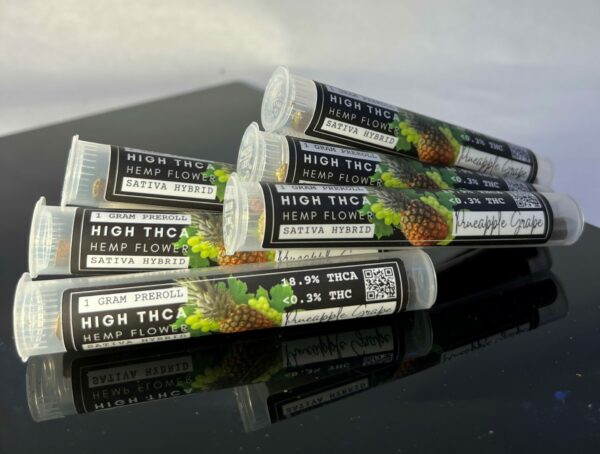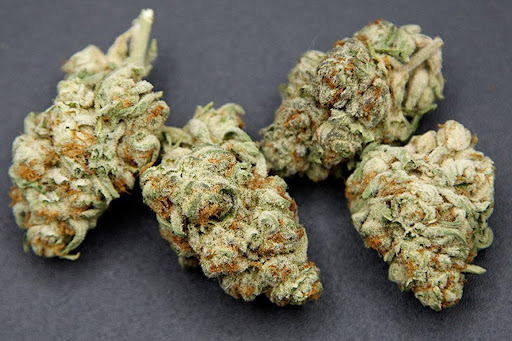The world of cannabis is vast and varied, with numerous compounds contributing to its effects and benefits. Among these, THCA (tetrahydrocannabinolic acid) has garnered significant interest. Known for its potential therapeutic benefits and its non-psychoactive nature, THCA flower is increasingly sought after by consumers. This article delves into the history and origins of THCA flower, exploring its evolution, benefits, and the rise of the strongest THCA flower strains available today.
The Beginnings of THCA: Understanding Cannabinoids
Cannabinoids are the chemical compounds found in cannabis plants that interact with the human body’s endocannabinoid system. THCA is one of these cannabinoids, but unlike THC (tetrahydrocannabinol), THCA is not psychoactive. When the cannabis plant is in its raw form, it contains THCA, which only converts to THC through a process called decarboxylation, typically involving heat.
Discovery and Early Research
The discovery of THCA dates back to the mid-20th century when researchers began isolating and identifying various cannabinoids in the cannabis plant. Raphael Mechoulam, an Israeli chemist, is often credited with significant advancements in the understanding of cannabinoids, including THCA, during the 1960s. His research laid the groundwork for differentiating the acidic forms of cannabinoids and their active counterparts.
THCA Flower in Traditional Medicine
Before the scientific community identified THCA, traditional medicine practices around the world utilized raw cannabis for its purported health benefits. In ancient China and India, cannabis was used as a treatment for various ailments, including inflammation and digestive issues. These traditional uses align with modern research suggesting THCA’s potential anti-inflammatory and neuroprotective properties.
Modern Cultivation and the Rise of High-THCA Strains
With the advancement of cannabis cultivation techniques, breeders have been able to develop strains with higher concentrations of THCA. The goal has been to maximize the potential therapeutic benefits while minimizing the psychoactive effects of THC. The result is the emergence of some of the strongest THCA flower strains, highly prized in both medical and recreational markets.
Benefits and Uses of THCA
Research into THCA is still in its early stages, but preliminary studies suggest a range of potential health benefits. These include anti-inflammatory effects, neuroprotective properties, anti-emetic (anti-nausea) benefits, and potential anti-cancer properties. Unlike THC, THCA does not cause a high, making it an attractive option for those seeking therapeutic benefits without psychoactive effects.
Legal Status and Market Growth
The legal status of THCA flower varies by region, often depending on local cannabis laws. In areas where cannabis is legalized for medical or recreational use, THCA flower has seen a significant rise in popularity. The market for THCA products is expanding as consumers become more aware of the benefits and seek alternatives to traditional THC-rich cannabis products.
Consumer Demand for the Strongest THCA Flower
As consumer interest grows, so does the demand for the strongest THCA flower. Dispensaries and cannabis retailers are responding by offering strains specifically bred for high THCA content. These products cater to a niche market of users looking for the medicinal benefits of cannabis without the high. The trend towards high-THCA strains is a testament to the evolving preferences within the cannabis community.
Future Prospects and Research Directions
The future of THCA flower looks promising, with ongoing research likely to uncover more about its benefits and applications. Scientists are exploring its potential in treating conditions like epilepsy, chronic pain, and autoimmune diseases. As the body of evidence grows, THCA could become a cornerstone of cannabinoid-based therapies.
Conclusion
The history and origins of THCA flower reflect a fascinating journey from ancient medicinal use to modern scientific discovery and cultivation. With its potential health benefits and non-psychoactive nature, THCA is poised to play a significant role in the future of cannabis therapeutics. As research progresses and consumer demand for the strongest THCA flower continues to rise, we can expect to see further innovations and applications in this exciting field.




